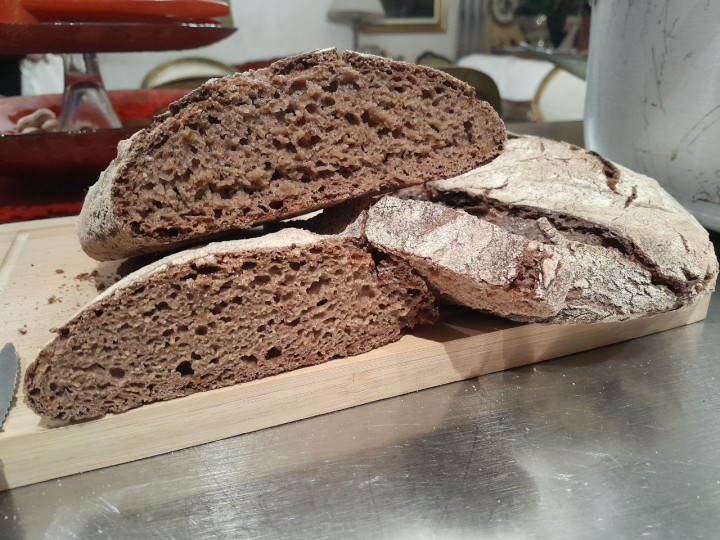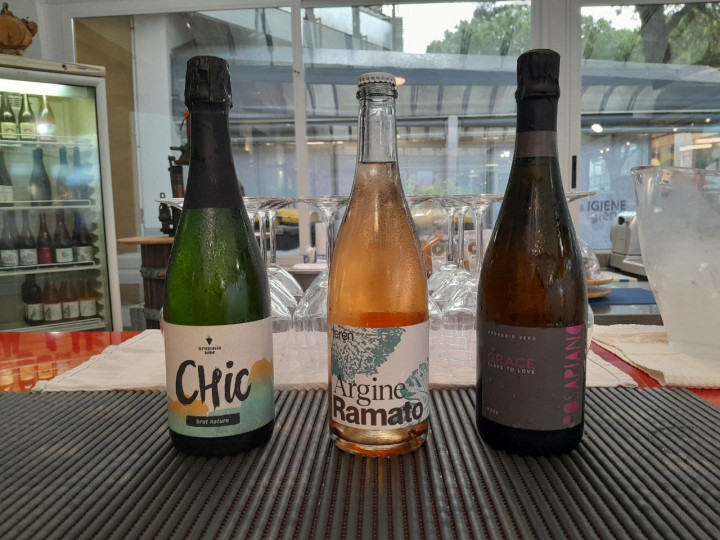A couple of months ago I was at Ein Prosit 2024 - an event about which I think I will be doing a couple of articles in the near future - where, among other people, I had the opportunity to meet Andrea Tortora and taste his fantantic bread made of 100 percent rye. And, fatefully, I also got to hear an explanation of how he makes it, albeit a very succinct one. After that, since in the kitchen I like to experiment with new recipes and follow inspiration, of course I wanted to try making my own version. And since the result was quite good, I'll explain it to you in this article.
Oenological Additives and Adjuvants: What and Which They Are
The intention of this article is to give a very brief overview of the additives and adjuvants used in winemaking, so as to give those unfamiliar with the subject an idea of what they are. We will deal with this topic in more detail in subsequent articles.
Why To Choose Natural Wine
Natural wine is a fascinating and increasingly popular category in the world of food and wine making. Its popularity, in addition to fashions, derives from the increasingly strong and evident need to defend the land and biodiversity from the devastation wrought by 'traditional' agricultural practices that instead poison the land and people. But that is not all: behind natural wine, in fact, there is above all the intention to obtain a unique and authentic wine, capable of fully expressing the terroir of the grape. This is why natural winemaking emphasises the use of organic farming and minimal intervention in the winemaking process, allowing the true essence of the grape to shine through.



